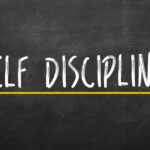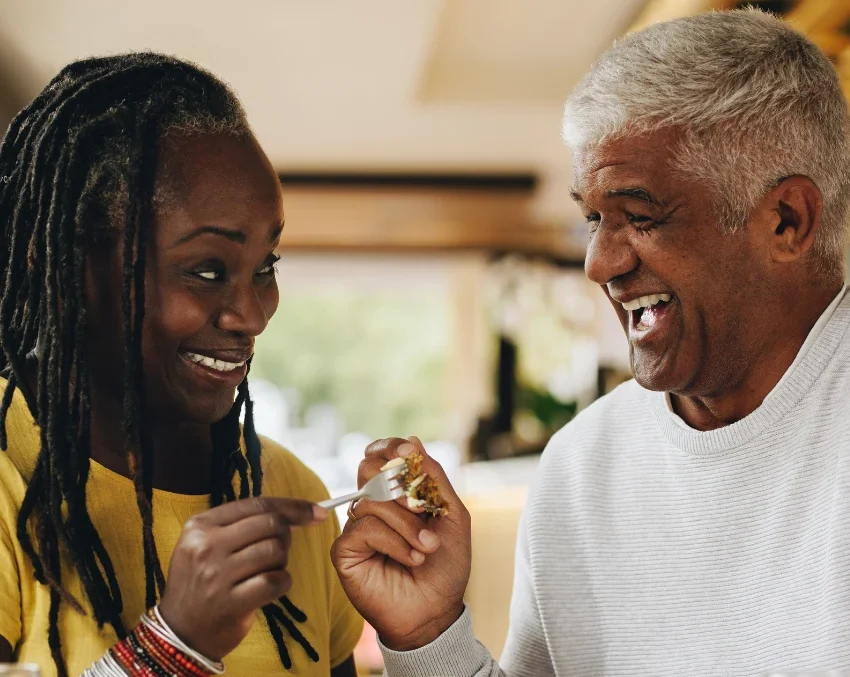If you are working in a hospital or any medical clinic or practice, this is for you. I know that you are under tremendous stress and that the anxiety and related emotions are very difficult to handle. You are likely experiencing emotional exhaustion.
I started my medical career as an orderly cleaning bed pans, making beds, and helping any way that I could. I was subsequently able to go to medical school and become a physician. I have tremendous respect for all of you working in health care: doctors, NPs, PAs, nurses, techs, and everyone else, including all of you who do not get the recognition that you deserve; especially today, fighting COVID-19.
I now serve as a psychiatrist specializing in the treatment of problems including anxiety, depression, anger, and PTSD—all challenges that many of you are currently dealing with.
We have known for a long time that anxiety, anger, and depression interfere with our quality of life and our ability to make proper analysis and decisions. We have also known for a long time that these emotions interfere with our health and our ability to stay healthy. Thomas Holmes and Richard Rahe showed in 1967 that stress leads to a significantly increased risk of developing an illness. Subsequent research showed that stress impairs the immune system through, in part, an increase in corticosteroids suppressing the immune response and making us more susceptible to infections which, of course, is exactly what we do not need right now.
I am, therefore, writing this to share with you strategies for helping you cope more effectively with the tremendous stress that you are under. It is essential for your welfare and for the welfare of your patients and colleagues that you cope effectively with it.
Pace yourself. This is still going to be a marathon, not a sprint to the finish line. The best advice I got before I ran my first half marathon was to start slowly. If you run too hard with your patients, and you will want to do so because of your intense desire to help them, you risk exhausting yourself mentally and physically. You will then be unable to help the many patients you will be treating over the next weeks and months. So do your best for each patient but pace yourself so that you can finish the race. Get your rest when you can. Try to eat nutritious food. Get some exercise.
Don’t internalize your anger. Of course you are angry that you are in this situation. You are still being asked to literally risk your life while you see people violate stay at home orders and claim that wearing a mask and socially distancing is too traumatic and devastating to their freedom to even consider doing it. You are being asked to work with potentially not enough ventilators and other required equipment and seeing your patients die because of it. You are being asked to work without enough personal protection, including enough proper masks, gloves, protective gowns, and other PPE, and watching your coworkers get sick and die because of it. Whether you are angry at the President and other government officials from Washington, D.C. to your local neighborhood for ignoring the pandemic for too long and squandering the time that could have been used to mitigate it, at your neighbors for going out to play in groups without apparent regard for your welfare, or at your hospital for trying to discount the demands being placed upon you, you are likely mad.
You have every right to be mad. You should be. You are not alone with your anger, though many people will try to minimize or deny their anger. The worst thing you can do is to internalize it—to hold it in and redirect it at yourself. Sigmund Freud said a lot of stupid things. (Penis envy? Seriously?) But he also said some brilliant things, including that anger turned inwards is depression. So, please do not hold it in. Please, also, do not displace it by taking it out on others. Find healthy and appropriate ways to express it. When that friend, family member, or colleague asks “How can I help?” respond with, “Listen to me while I vent my anger and get some of it out of me.” Anger and other emotions have energy. If you do not express them in a healthy and effective manner, you are guaranteed to express them in an unhealthy way.
Let people help you. You are absolutely a hero. But you are not a superhero because they only exist in comic books and movies. Do not make unrealistic demands of yourself. When you finish work, you are physically, mentally, and emotionally exhausted. Let people help you. They desperately want to. Let them buy your groceries. Better yet, let them cook for you and safely deliver it. Let them run your errands. Save your time for important things like getting sleep, eating, and recharging. Remember when we were interns and residents working up to 100 hours weekly how much we would have appreciated and benefitted from these small things that add up in big ways.
Admit that you are afraid. Fear is motivating. Fear makes you put on your PPE carefully and properly. It can help you analyze situations more carefully and, unless it gets too high, more accurately. Of course, you have been and still are, despite the vaccine, afraid of getting sick. Don’t try to pretend otherwise. No one is going to believe you anyway and you will deprive yourself of using the tools that will decrease your fear and improve your functioning.
Recognize your assumptions about whether you will or won’t get the virus. I hope you have already been vaccinated. We know how wonderfully effective the vaccine has been shown to be so far. We also recognize that it is not 100% effective, and we do not function so well with the unknown. Whether you acknowledge it or not, you have likely already made one of these assumptions: That you will get the virus, or that you won’t. We do this to try to decrease our fear. Recognize which one you made and understand how it is affecting your behavior, decisions, and interactions with others. Determine whether you are benefitting from the one that you have chosen and how it has now changed to incorporate being vaccinated. Remember that you cannot predict the future so that you do not truly know which of these will be correct. Be careful if you have chosen the former that you do not do things that will create a self-fulfilling prophecy.
Try not to catastrophize. Again, humans do not like the unknown. It frightens us and makes us feel too vulnerable. The ancient human ancestor who heard a noise and went outside assuming that it was a dangerous beast was prepared to deal with it, survive, and make more children, passing on his or her DNA. The one who heard a noise and went outside assuming that it was the wind got eaten. So we are programmed to catastrophize. Be alert to it and correct it when you can.
Use cognitive techniques. Thoughts can be automatic or planned, positive or negative, accurate or distorted, and functional or dysfunctional. When people are anxious or depressed, they tend to become overloaded with automatic, negative, distorted, and dysfunctional thoughts. You are intelligent and, therefore, used to assuming that your thoughts are accurate. This is potentially a time when you will have more distorted cognitions. Try to be aware of it. Let your colleagues and coworkers help you catch them. You will absolutely make mistakes because you are human. Try to identify, challenge, and correct your automatic negative thoughts using the evidence available to you.
Stay mindful. I realize that mindfulness has become very trendy. But there is a good reason for it. Mindfulness is essentially based on the concept that we do better and make better decisions when we stay in the moment. Take it one moment at a time. Do the best you can in this moment and then move on to the next one. Learn from baseball’s relief pitchers and football’s placekickers. When you make a mistake, try to learn from it and move on so that it does not distract you from making the next decision correctly.
Check yourself for symptoms of PTSD. Are you having intrusive thoughts about work, nightmares, flashbacks, anxiety, emotional numbness or emotional exhaustion, insomnia, withdrawal and avoidance of people, irritability, jumpiness, a desire to use more alcohol and drugs than is usual for you and/or thoughts of not caring if you live or die? If so, you may be struggling with post-traumatic stress disorder. PTSD is a medical condition. It is not a character flaw or weakness. It is not a failure on your part. It is extremely common among health care professionals at any time but especially now. PTSD is eminently treatable with specific forms of psychotherapy, and medications including the serotonergic antidepressants Zoloft and Paxil have FDA approval for it (and, especially for nightmares, Prazosin). Please seek help for it.
Savor the victories. As I write this, almost 400,000 people in the United States have died from COVID-19 and related underlying problems. The losses are staggering. Please savor your victories, even the small ones. No victory, no success, no correct decision will make up for our losses. But they will get you through the night.
















